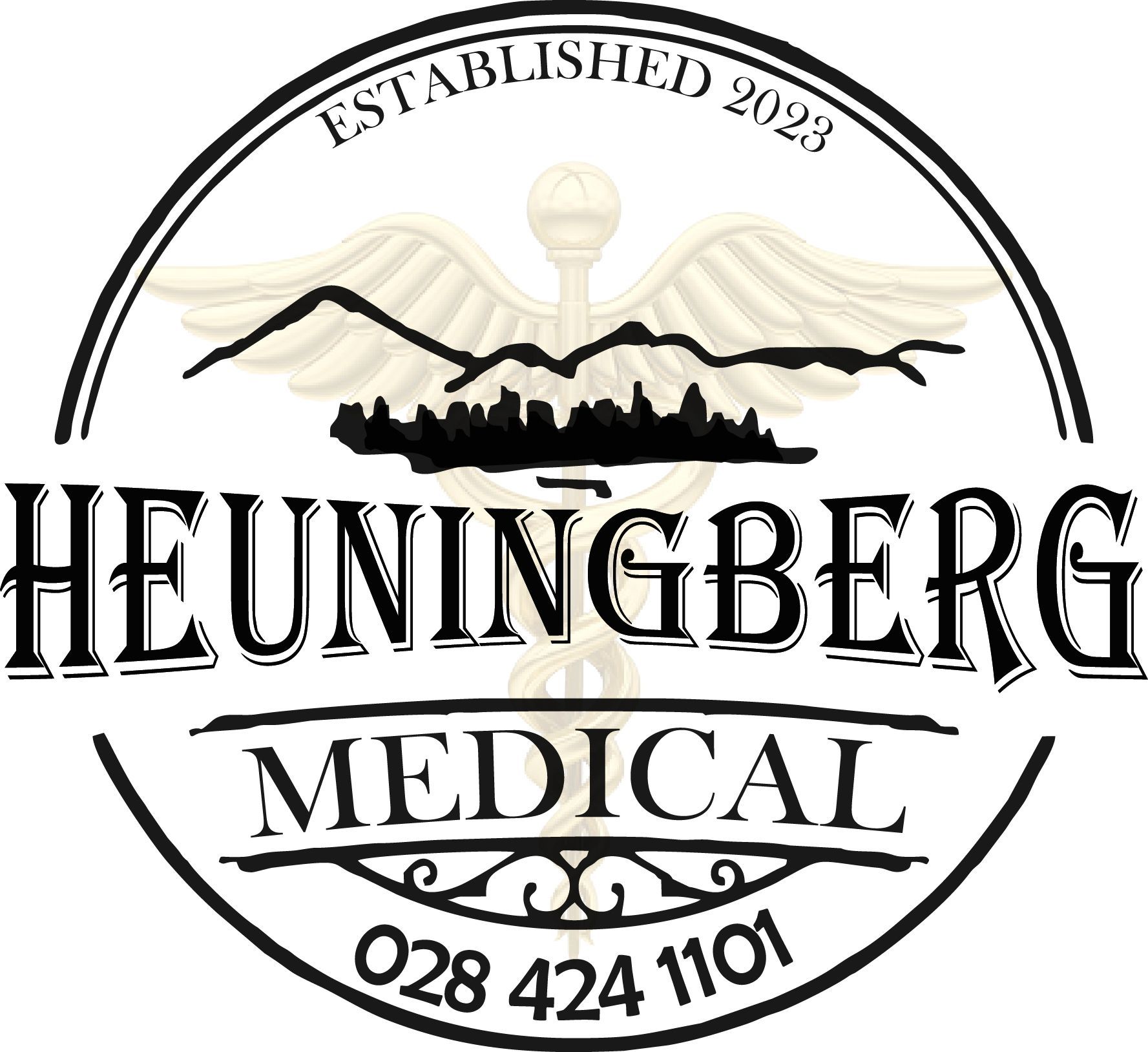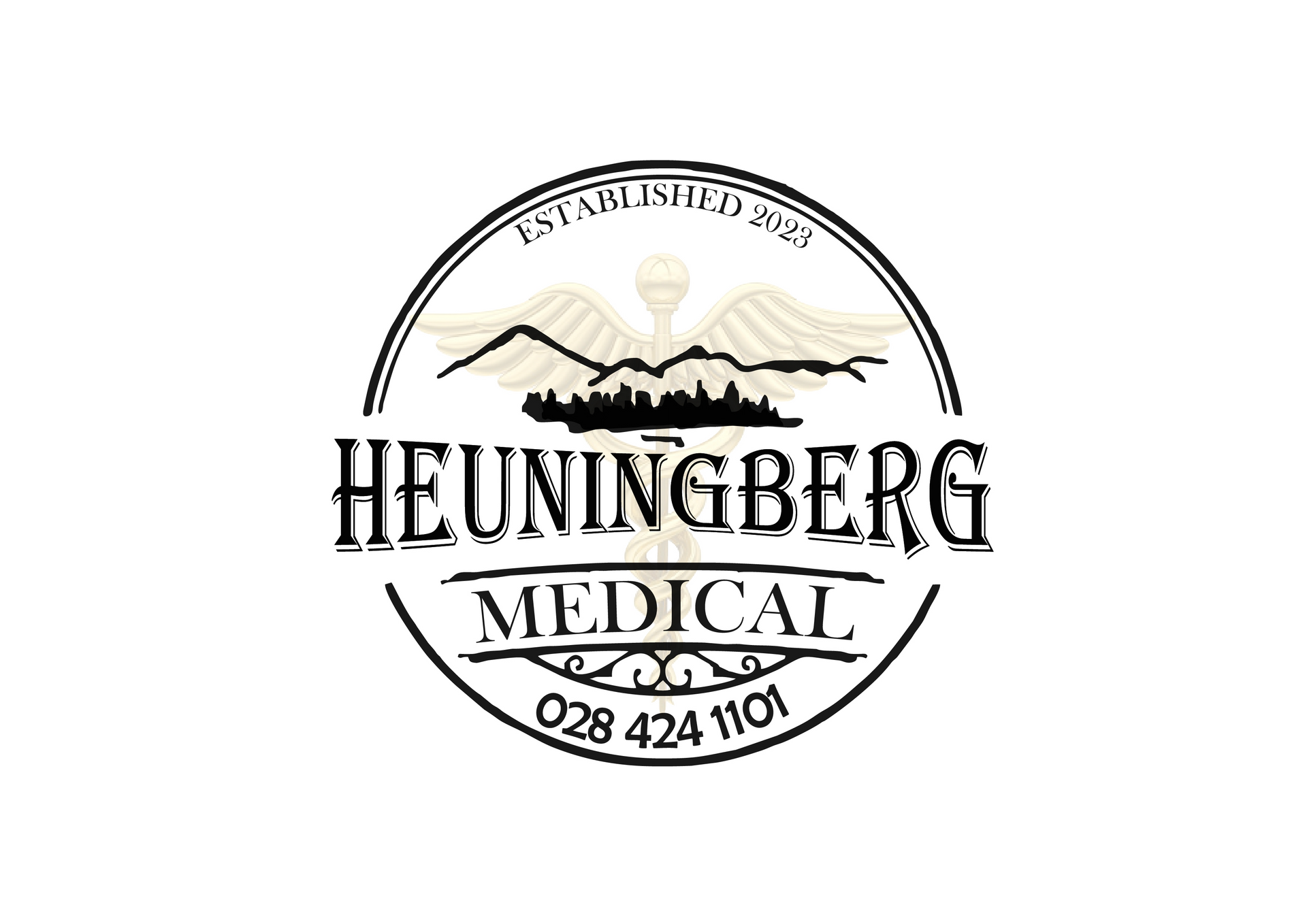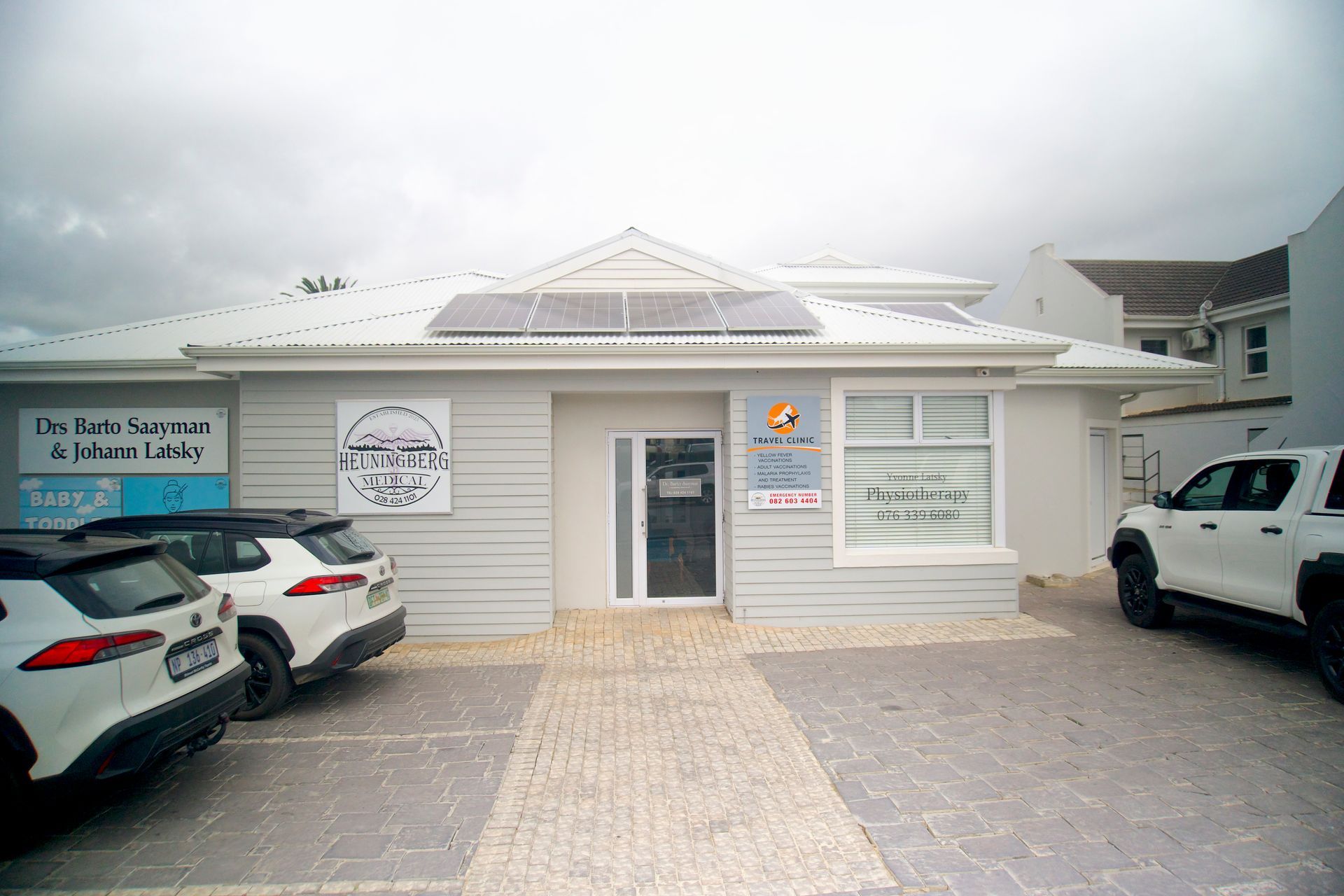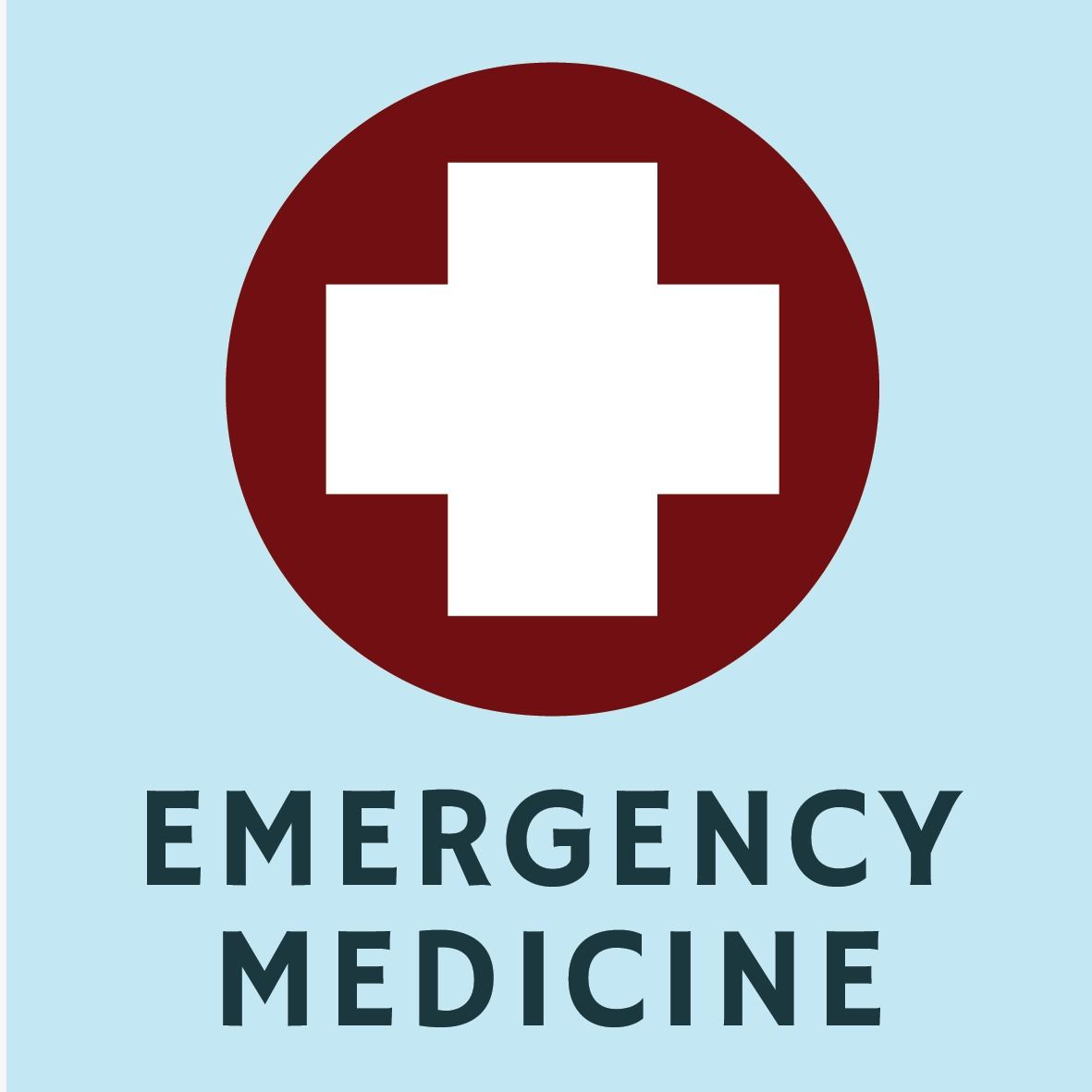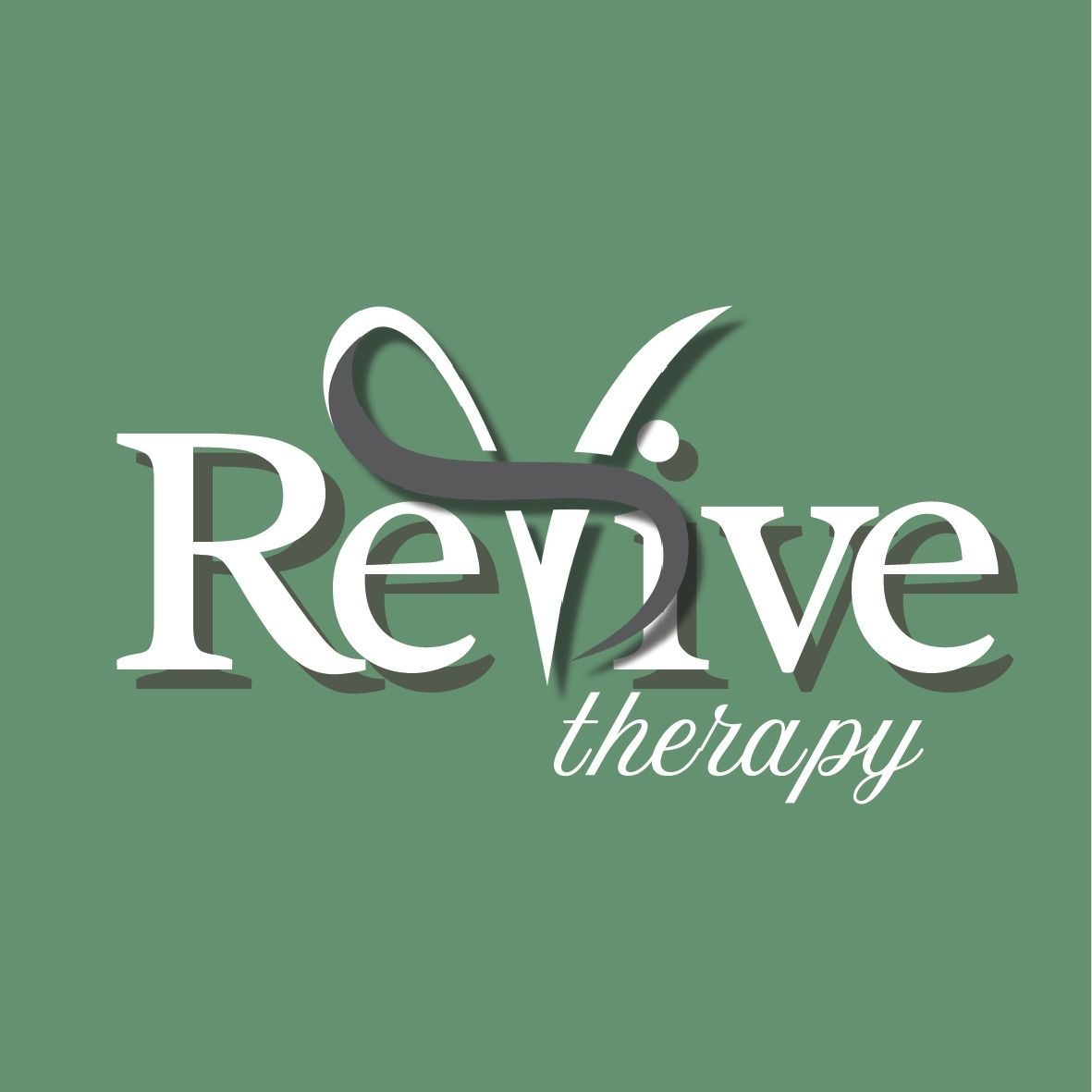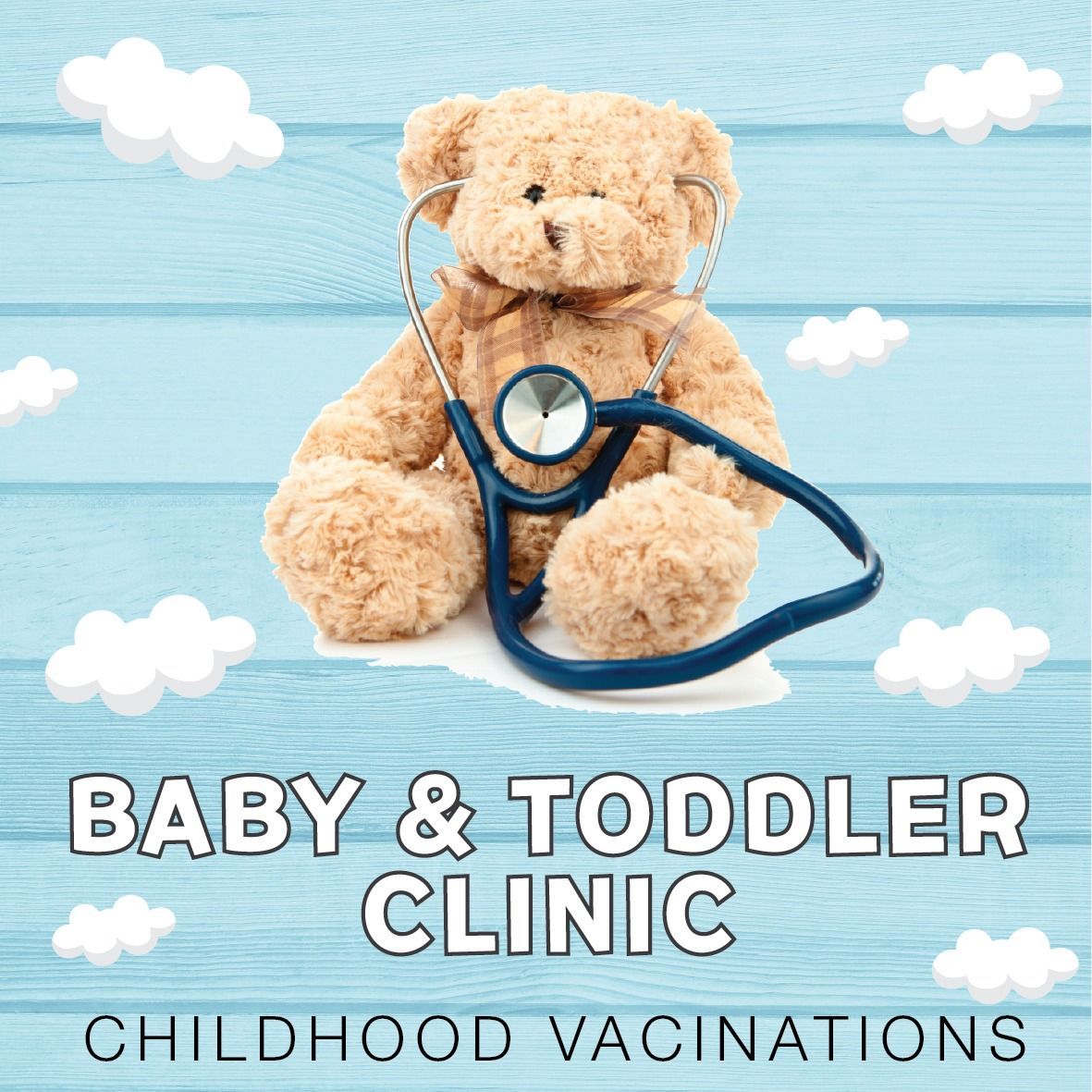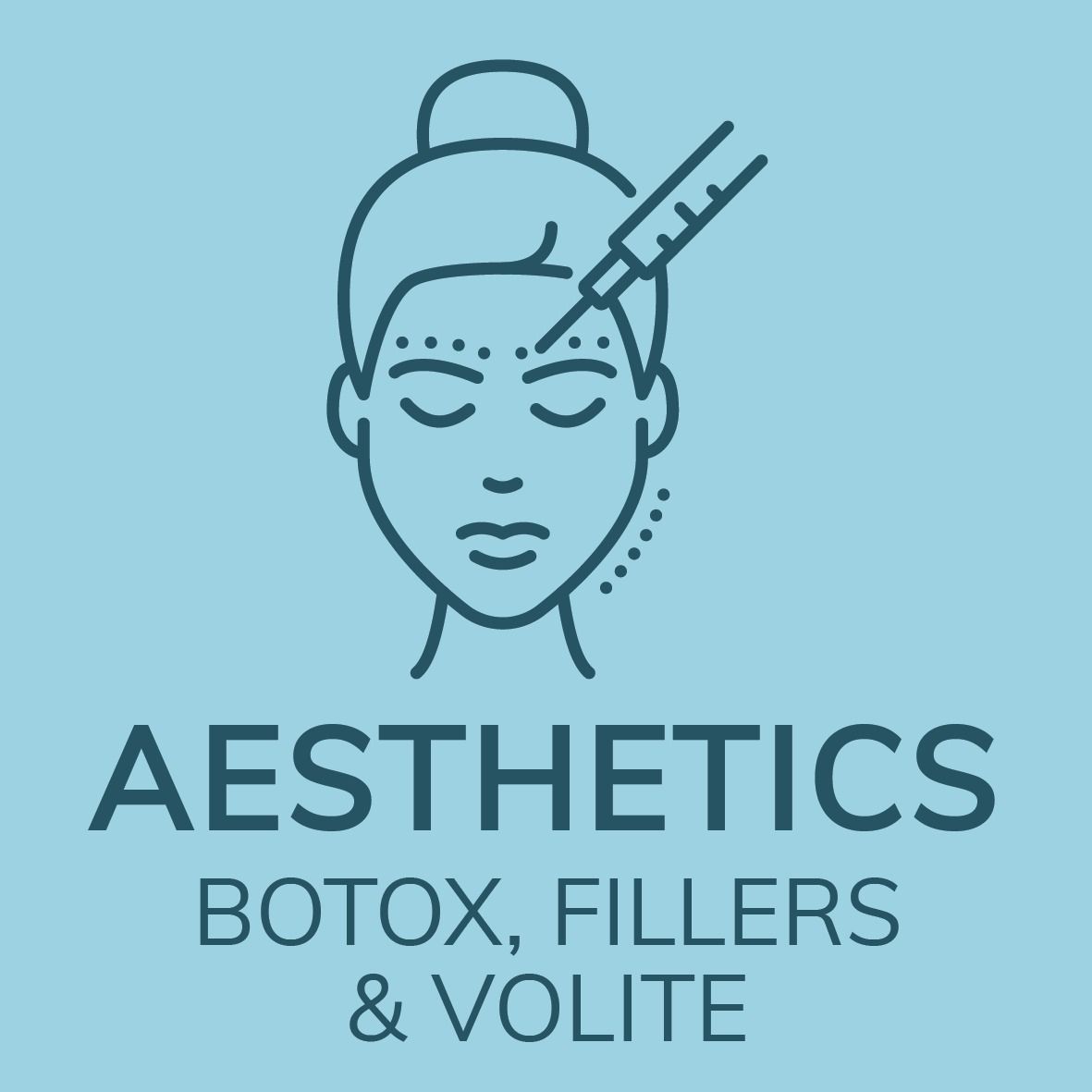Medical Aid vs. Out-of-Pocket Care: Why Cover Matters When You Need It Most
When it comes to healthcare in South Africa, patients often ask: “Do I really need medical aid, or can I just pay out of pocket when I get sick?” It’s a fair question, especially when budgets are tight.
The truth is, both options have their place — but medical aid can provide peace of mind and financial protection that out-of-pocket care alone often can’t. Here’s a closer look at the differences.
What Does Out-of-Pocket Care Mean?
Paying out of pocket means covering the full cost of your medical care yourself — whether it’s a GP visit, hospital admission, or medication.
For minor, occasional visits, this might seem manageable. But healthcare costs can add up quickly, and one unexpected hospital stay or surgery could run into tens of thousands of rands.
What Medical Aid Offers
Medical aid works like a safety net. By paying a monthly contribution, you pool resources with other members. When you need healthcare, your scheme helps cover the bills — sometimes partially, sometimes in full, depending on your plan.
Typical medical aid benefits include:
- Hospital cover for emergencies, surgeries, or specialist care.
- Chronic condition support for illnesses like diabetes, hypertension, or asthma.
- Prescribed Minimum Benefits (PMBs): legally guaranteed cover for certain conditions and emergencies.
- Day-to-day benefits: GP visits, basic dental care, and medications, depending on your plan.
Why Cover Matters in Emergencies
It’s easy to underestimate how quickly costs rise in a medical emergency. An accident, appendicitis, or heart attack could require immediate hospitalisation, specialist care, and procedures. Without medical aid, those bills land directly on your
lap.
Medical aid ensures that in these moments, you can focus on recovery — not on how you’re going to pay.
The Long-Term Value of Medical Aid
Beyond emergencies, medical aid helps with ongoing health management. Regular check-ups, chronic medication, and screenings become more affordable and accessible. This proactive care often prevents more serious (and expensive) health issues later.
Finding the Balance
Some patients choose to combine both approaches — using medical aid for hospital cover and major expenses, while paying smaller routine costs out of pocket. This can be a cost-effective balance, depending on your health needs.
Final Thoughts
Out-of-pocket care may work for minor issues, but medical aid provides the protection you need when life throws the unexpected your way. It’s not just about financial security — it’s about ensuring you and your family have access to quality healthcare when it matters most.
At Heuningberg Medical, we encourage our patients to view medical aid as more than a monthly bill — it’s an investment in your health, your peace of mind, and your future.
